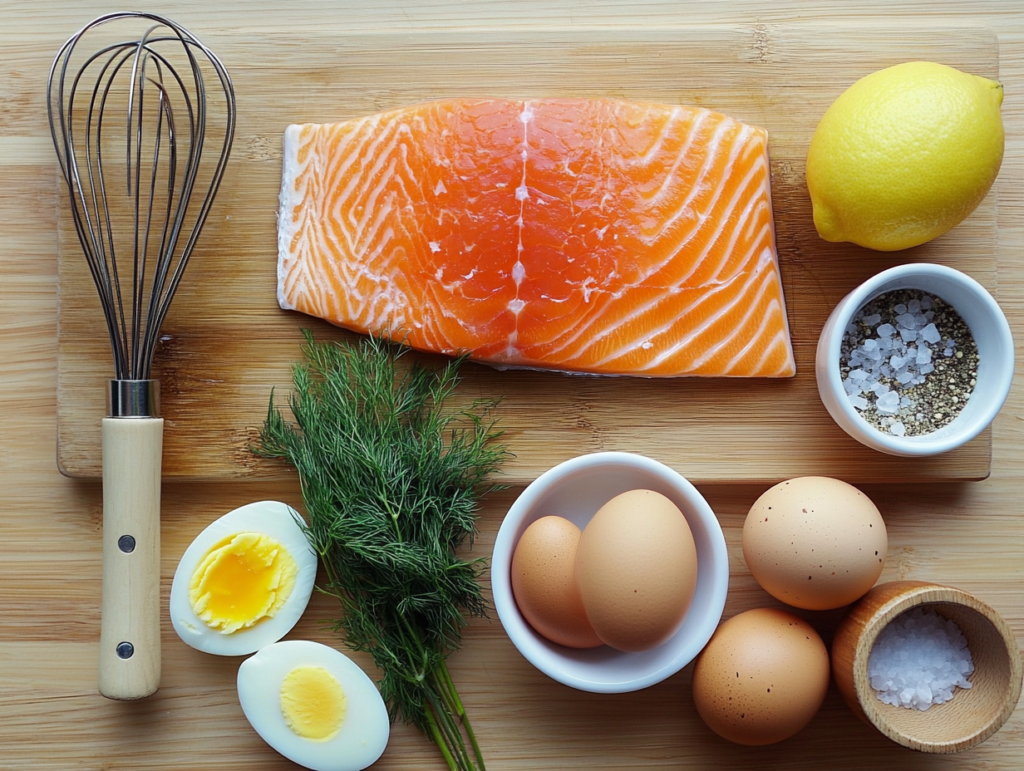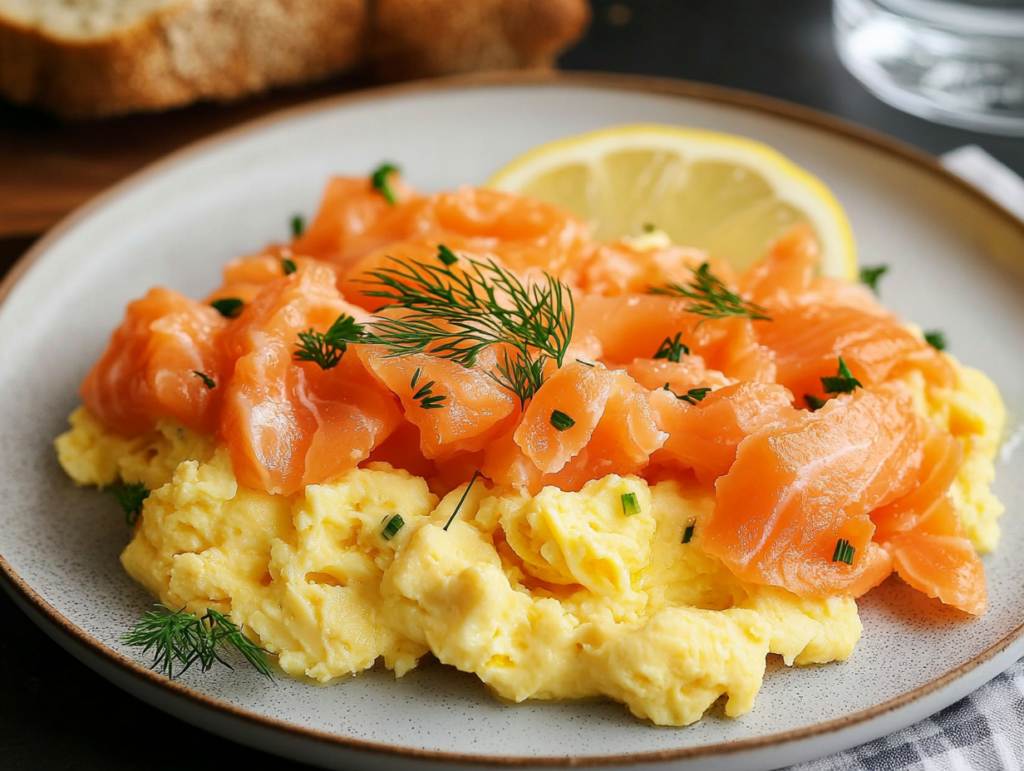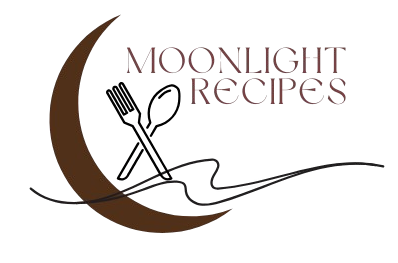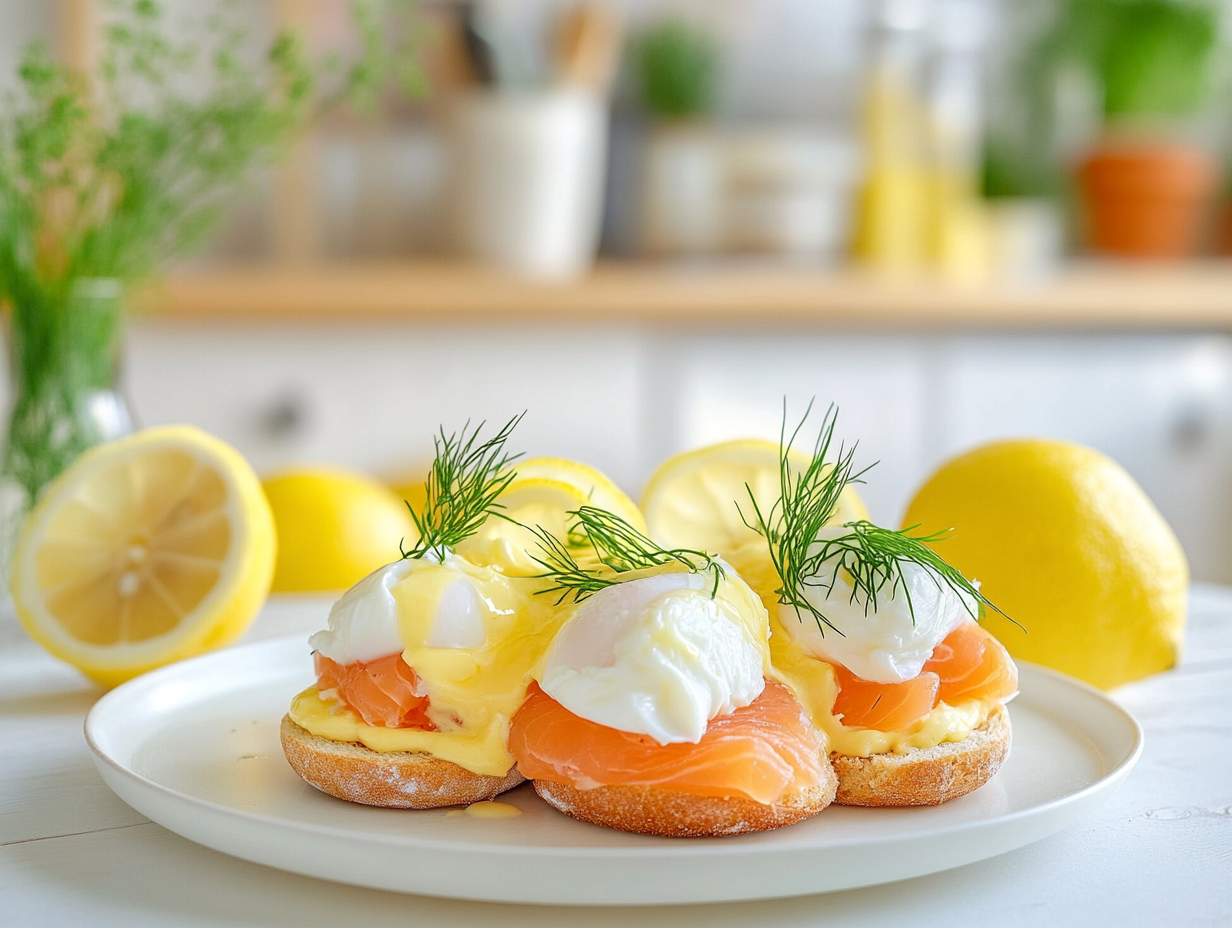Introduction
Have you ever wondered, can I eat eggs with salmon? Whether you’re planning a nutritious breakfast, experimenting with recipes, or exploring a new dietary approach, the combination of these two nutrient-packed foods often sparks curiosity. In this article, we’ll dive into the health benefits, culinary possibilities, and safety aspects of eating eggs with salmon. Let’s get cracking (pun intended) and explore how this duo can fit into your diet seamlessly.
Part 1: Introduction and Nutritional Overview
H1: Can I Eat Eggs with Salmon?
Yes, you can absolutely eat eggs with salmon! Not only do they complement each other in flavor, but they also offer a powerful combination of essential nutrients. From hearty breakfasts to gourmet dinner recipes, these two ingredients can create delicious and balanced meals that suit various diets.
H2: Nutritional Profiles of Eggs and Salmon
When it comes to nutrition, eggs and salmon shine in their own ways. Together, they provide a rich source of protein, essential vitamins, and healthy fats. Let’s break it down:
H3: Macronutrient Composition
Eggs are a powerhouse of high-quality protein, healthy fats, and trace amounts of carbohydrates. Meanwhile, salmon boasts lean protein and omega-3 fatty acids that promote heart health and brain function. Together, they deliver a balanced macronutrient profile for sustained energy throughout the day.
H3: Vitamins and Minerals
Eggs and salmon are packed with vitamins like B12, D, and E. They’re also brimming with minerals like selenium, iodine, and iron. While eggs contribute lutein and choline for eye and brain health, salmon enhances your diet with potassium and anti-inflammatory compounds.
H2: Health Benefits of Combining Eggs and Salmon
Adding eggs and salmon to your meals can elevate your diet with incredible health benefits.
H3: Protein Synergy
Both foods are protein-rich, making them a great option for muscle repair, weight management, and satiety. Eggs and salmon together pack a complete range of amino acids to fuel your body efficiently.
H3: Omega-3 Fatty Acids and Antioxidants
Salmon’s omega-3 fatty acids reduce inflammation and support cardiovascular health. Paired with eggs’ antioxidants like lutein and zeaxanthin, this duo becomes a nutritional powerhouse that’s ideal for maintaining overall well-being.
Stay tuned for Part 2, where we’ll explore mouthwatering culinary combinations and essential safety considerations for pairing eggs with salmon.
Part 2: Culinary Combinations and Safety Considerations

H2: Popular Dishes Featuring Eggs and Salmon
The combination of eggs and salmon is a culinary match made in heaven. Whether you’re indulging in a fancy brunch or preparing a quick weekday meal, these dishes bring out the best in both ingredients.
H3: Smoked Salmon Eggs Benedict
A classic breakfast dish, smoked salmon eggs benedict is a crowd-pleaser. It layers an English muffin with smoked salmon, a poached egg, and creamy hollandaise sauce. The balance of rich flavors and textures makes it a favorite.
H3: Scrambled Eggs with Salmon
Quick and easy, scrambled eggs with salmon is a perfect option for busy mornings. Simply fold in flaked salmon or smoked salmon into soft scrambled eggs, and you’ve got a protein-packed meal bursting with flavor.
H2: Safety Considerations When Combining Eggs and Salmon
While this combination is delectable, it’s crucial to keep food safety in mind to ensure you enjoy your meal without any health concerns.
H3: Cooking Temperatures and Food Safety
Proper cooking is vital for eggs and salmon. Eggs should be cooked until the yolk and whites are firm (or pasteurized if used raw). Salmon should reach an internal temperature of at least 145°F (63°C) to kill harmful bacteria or parasites. Learn more about safe cooking temperatures here.
H3: Allergen Awareness
Both eggs and salmon are common allergens. If you or someone you’re cooking for has sensitivities, it’s essential to take precautions and check for signs of an allergic reaction. Symptoms may include swelling, hives, or difficulty breathing, and in such cases, immediate medical attention is necessary.
Next, we’ll dive into dietary perspectives and preparation methods for this protein-rich duo in Part 3.
Part 3: Dietary Perspectives and Preparation Methods

H2: Dietary Considerations
The combination of eggs and salmon isn’t just tasty—it’s versatile enough to fit into various dietary plans. Whether you’re following a high-protein diet or watching your cholesterol intake, this pairing can be adapted to suit your needs.
H3: Suitable Diets for Eggs and Salmon
Eggs and salmon are staples in many popular diets:
- Keto Diet: Both are low in carbs and high in healthy fats, making them ideal for ketogenic meal plans.
- Paleo Diet: Since they’re whole, unprocessed foods, eggs and salmon align perfectly with paleo guidelines.
- Mediterranean Diet: Salmon contributes omega-3 fatty acids, while eggs provide a rich source of protein, supporting heart health.
H3: Addressing Cholesterol Concerns
Some people worry about cholesterol when consuming eggs. While eggs do contain dietary cholesterol, research shows they don’t significantly impact blood cholesterol for most individuals. Moreover, salmon’s healthy fats help balance lipid levels, making this combination heart-friendly.
H2: Preparation Methods for Eggs and Salmon
Knowing how to prepare eggs and salmon is key to maximizing their flavor and nutritional value.
H3: Cooking Techniques
- Poaching: For a delicate texture, poach eggs and serve them over smoked salmon for a classic brunch vibe.
- Grilling: Grilled salmon pairs beautifully with hard-boiled eggs in salads or as a topping for toast.
- Baking: Baked salmon frittatas combine both ingredients seamlessly for a satisfying, one-dish meal.
H3: Flavor Pairings
Eggs and salmon shine when paired with complementary flavors:
- Herbs like dill, parsley, or chives enhance their natural taste.
- Citrus like lemon or lime brightens up the dish while adding a refreshing note.
- Vegetables such as spinach, asparagus, or avocado create a complete, balanced meal.
In Part 4, we’ll tackle frequently asked questions about eating eggs and salmon together, followed by a conclusion to tie everything up.
Part 4: Frequently Asked Questions
H2: Frequently Asked Questions
People often have questions about combining eggs and salmon in their meals. Here are some of the most common queries, along with clear, concise answers.
H3: Is it safe to eat raw salmon eggs?
While salmon roe is a delicacy in many cuisines, it’s essential to ensure it’s sourced from a reputable supplier. Raw salmon and eggs can carry bacteria or parasites, so it’s crucial to handle them safely. For maximum safety, opt for pasteurized eggs and sushi-grade salmon when consuming them raw.
H3: Can I eat eggs and salmon together during pregnancy?
Absolutely! Eggs and salmon are excellent sources of protein and omega-3 fatty acids, which are beneficial during pregnancy. However, ensure both are fully cooked to avoid potential risks from raw or undercooked foods.
H3: How often can I include eggs and salmon in my diet?
Both eggs and salmon can be enjoyed regularly as part of a balanced diet. The general guideline is to eat two to three servings of fish like salmon per week, and for eggs, studies suggest up to one egg per day is safe for most people.
Part 5: Conclusion
Pairing eggs with salmon is not only safe but also incredibly nutritious. This duo delivers a wealth of health benefits, from high-quality protein to heart-healthy fats and essential vitamins. With countless preparation methods and culinary possibilities, it’s easy to incorporate this combination into your diet, whether you’re seeking a quick breakfast or an elegant brunch option.
This wraps up our comprehensive look at whether you can eat eggs with salmon. We’ve covered their nutritional benefits, safety considerations, and delicious ways to enjoy them. Ready to give this pairing a try? Bon appétit!

